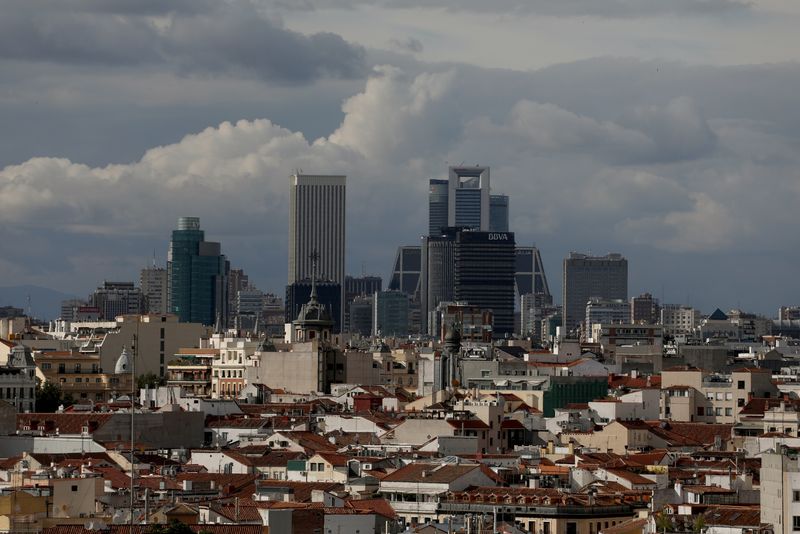Manufacturing Meltdown: Spain's Industrial Sector Hits Rough Patch in April Downturn

Spain's Manufacturing Sector Struggles with Deepening Downturn
The Spanish manufacturing landscape is experiencing a challenging period, with recent data revealing a significant contraction in economic activity. A comprehensive survey released on Friday highlighted the sector's ongoing struggles, showing a pronounced decline in both new orders and production.
According to the HCOB Spain Manufacturing Purchasing Managers' Index (PMI), compiled by S&P Global, the sector's performance continued to slide in April. The index dropped to 48.1 from March's 49.5, marking the third consecutive month below the critical 50.0 threshold that distinguishes growth from contraction.
The most striking indicators point to a steep decline in new orders, reaching the most dramatic level since December 2023. Moreover, manufacturing output has reversed its previous momentum, registering its first contraction since last August.
Jonas Feldhusen, an economist at Hamburg Commercial Bank, succinctly captured the situation, stating, "Operating conditions in Spain's manufacturing sector are deteriorating." This assessment underscores the mounting challenges facing the industry as it grapples with persistent economic headwinds.
The ongoing downturn signals potential broader economic implications for Spain, highlighting the need for strategic interventions to revitalize the manufacturing sector.
